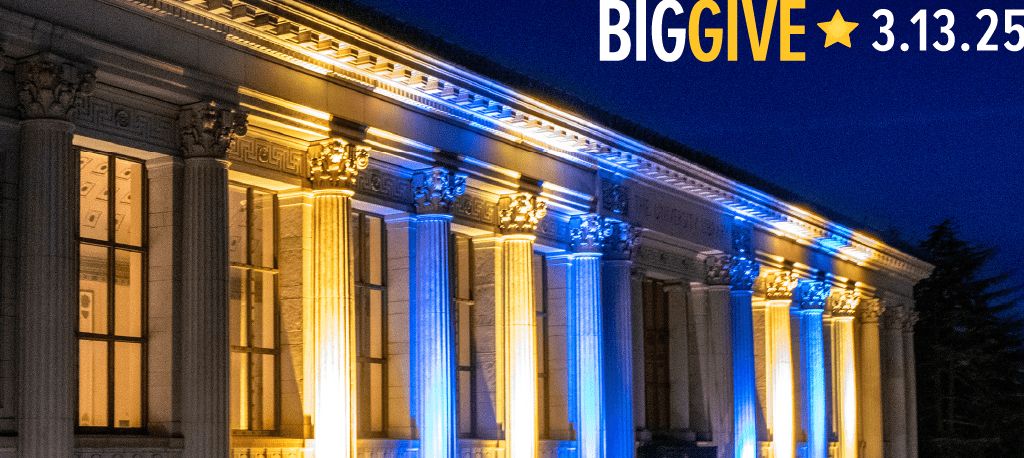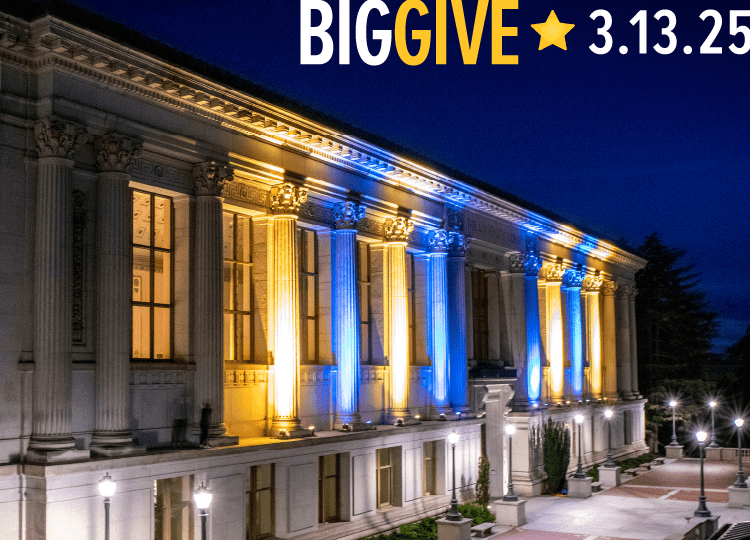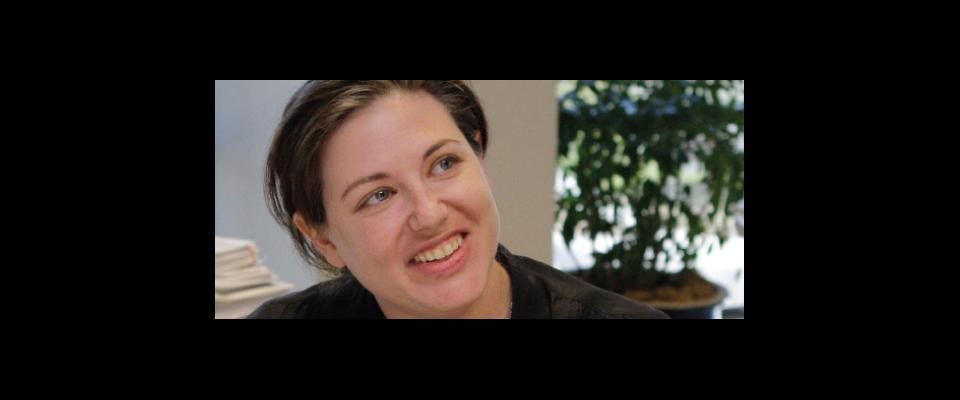I cowered in my seat as the conductor of Phantom—Las Vegas Spectacular called out my name during a cabaret show at the Liberace Museum. The fact that a Pulitzer Prize had been won in Las Vegas gave him a “new lease on life,” he said dramatically, as an audience of show-biz hams laughed at me for refusing to take a bow.
Despite the excesses of the moment and the discomfort it provoked, it’s nice to discover that as journalists we’re not simply working in a void. Our reporting—and even our accomplishments—affects the people around us.
In Las Vegas, the award became something of a cause for civic pride. Along with my editors and publishers, I was trotted out before the county commission. Celebrity chef Kerry Simon at Palms Hotel twittered that I had come to visit. The Spazmatics ’80s cover band at South Point casino unsuccessfully tried to lure me onstage during a performance.
More important than the awards and the fuss: We were recognized by our community for making a difference in our community. Such a tight connection between people and their local newspapers has come to seem quaint.
The industry itself bears some of the blame for doing a poor job of communicating to those outside the profession why newspapers matter, more than just as businesses that happen to be failing right now. I won the Pulitzer Prize for Public Service the same year that thousands of journalists were laid off, the same year newspapers ceased to publish in their communities. The timing of the win couldn’t have been stranger. My response to congratulations and good cheer often feels like it should have a “Yes, but…” attached.
Nonetheless, when I went to awards ceremonies this year, I was honored to be in the same room with incredible journalists who had produced work that made people think differently about a topic or that led to much needed changes. And they did this in the midst of, say, bankruptcy.
The optimism in those banquet halls was reminiscent of graduate school. And it all flowed from the same source. Whether the final form became a documentary, a magazine piece, a multimedia story, or a newspaper article, the point was always the basic reporting—asking people what’s going on, combing through documents, telling a story. This is what we did during school, and what I set out do to when I left.
I came to Las Vegas not too long after I graduated from the J-School because I knew there were good stories there, and I was impressed that the Las Vegas Sun seemed committed to telling them. At the time, the stories were about growth—or, in my case, the human cost of growth in workers who died in construction sites on the Strip. Now the stories are about what happens when the growth stops.
The business models and the forms that these stories will take is uncertain right now.
Along with Oscar-winning documentary filmmaker Megan Mylan, I was asked to come to the 2009 J-school graduation to offer ballast to an affair where good cheer was inevitably broken by anxiety. It was obvious that the audience was wondering what will become of their friends or children or husbands or wives. What good is a journalism degree now?
Megan and I didn’t have to say much. Our very presence was a reminder that there’s hope, that there are still people who want to devour good stories, that there’s both a need and an opportunity to tell them, not to mention rewards for doing so.
I’m happy to serve as that model, but there are so many others in my graduating class who are doing equally impressive work every day, either through their reporting or by figuring out creative new ways to deliver important information. People who just want to keep getting paid to do what we love and what we believe makes a difference.
It’s perhaps idealistic and maybe old-fashioned to believe that stories can change the world or the community you live in. But for me, at least, it is true.



















